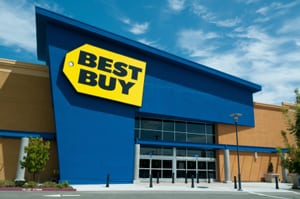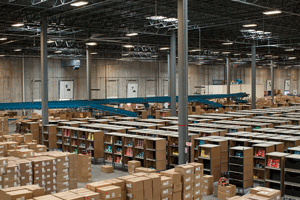
An eBay Local Pilot Grows in Brooklyn
eBay said 83 businesses – including online merchants as well as retailers with physical stores – have joined its eBay Local pilot program in Brooklyn, NY., offering a range of delivery options, including $5 same-day and in-store pickup, to consumers through eBay’s website and mobile apps.
The Brooklyn trial is taking place as the company shifts the focus of Amazon Local more toward its core marketplace sellers, with less emphasis on major retailers.








